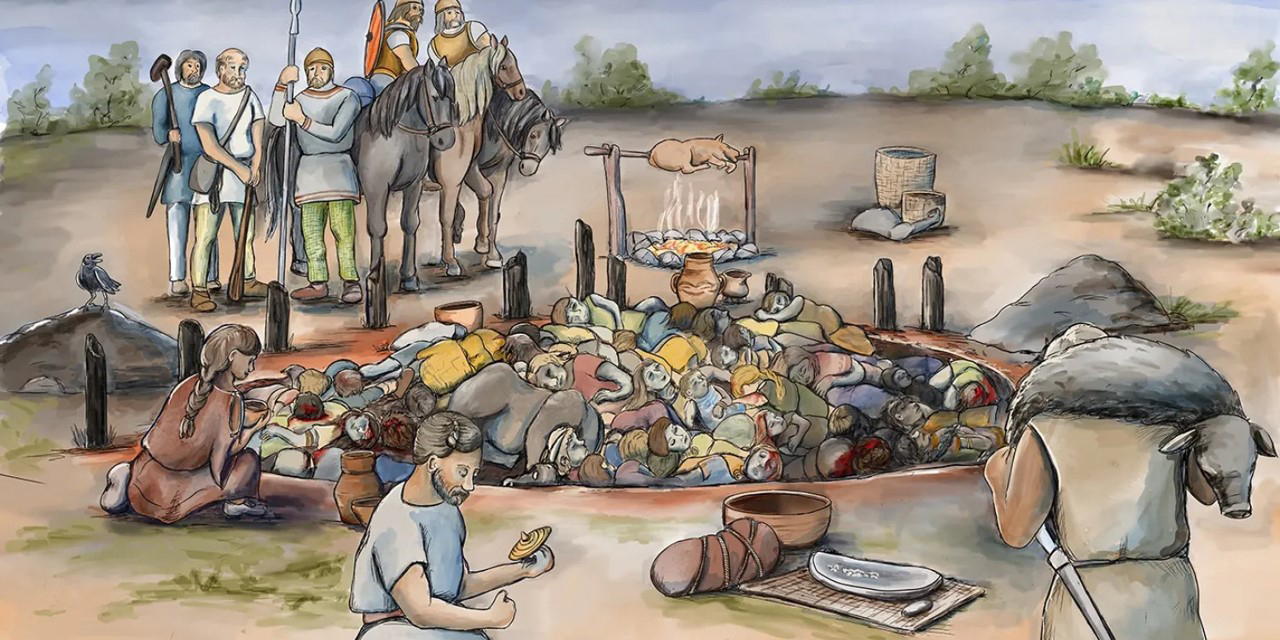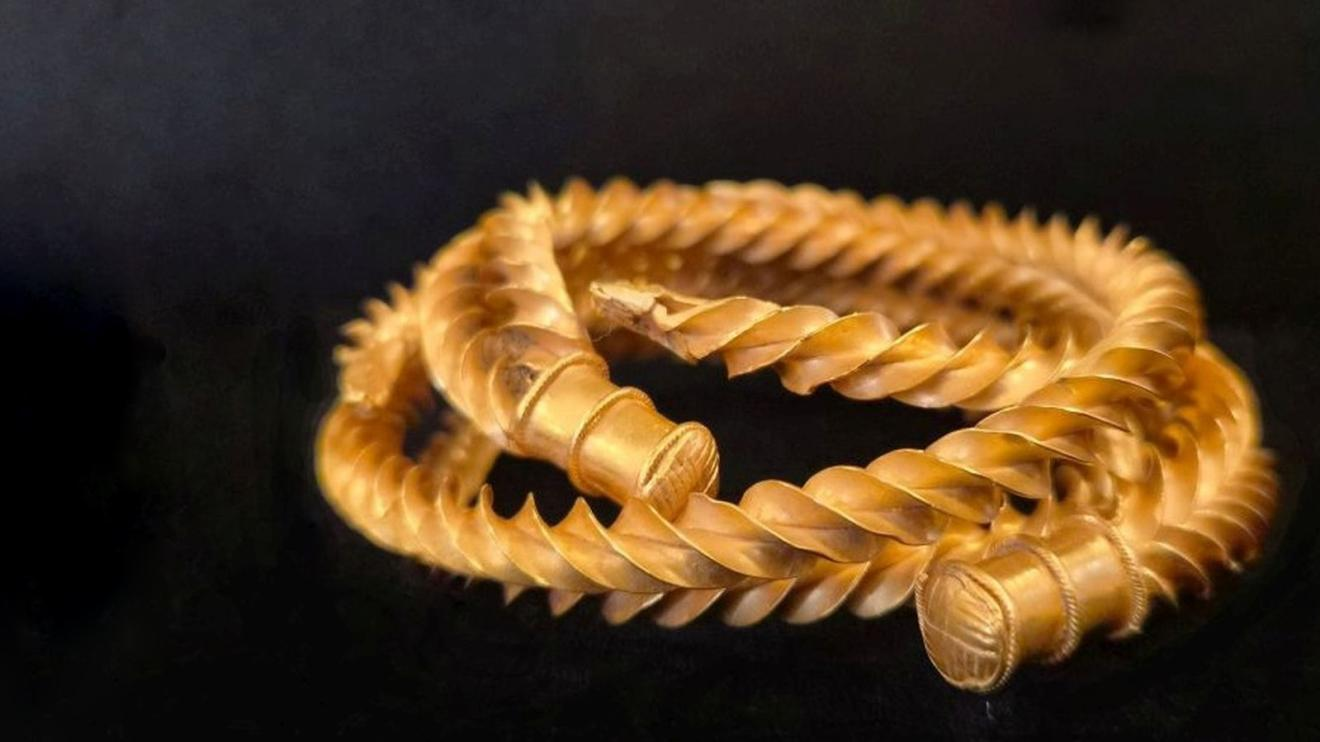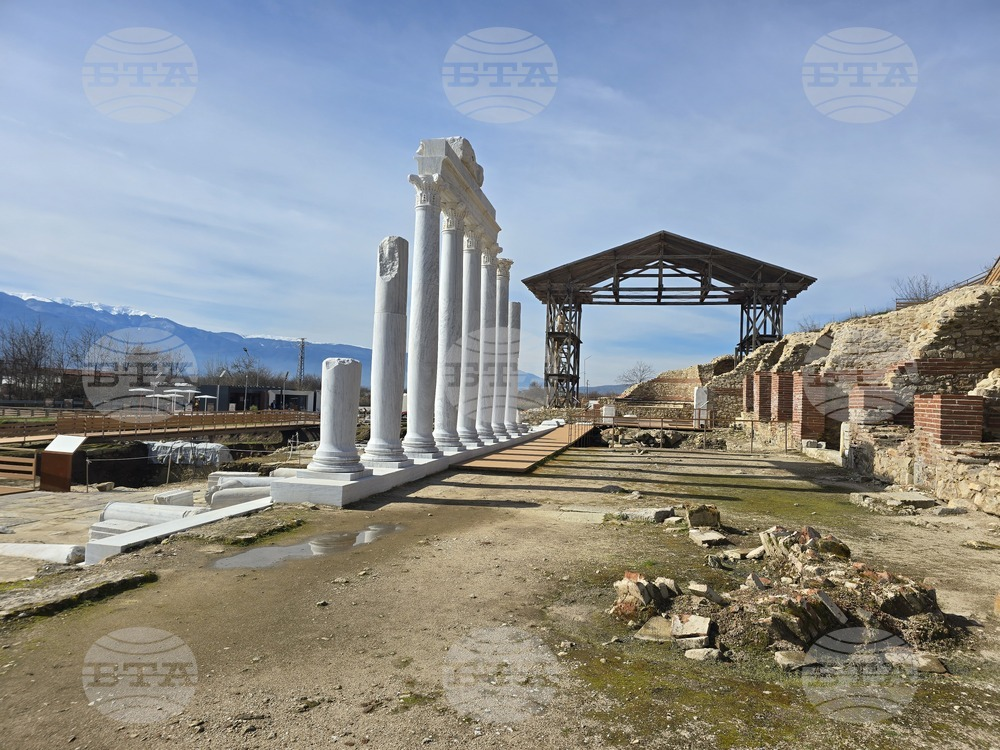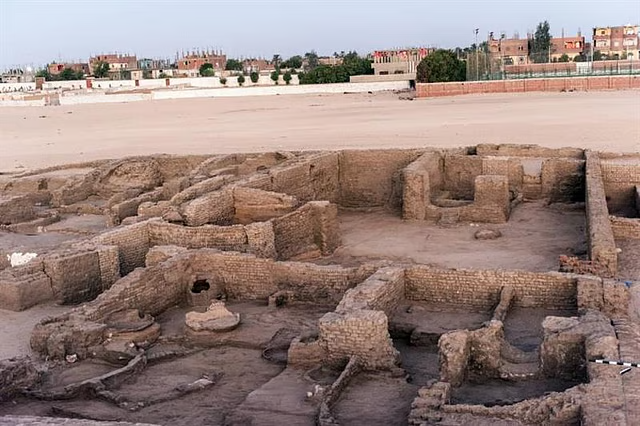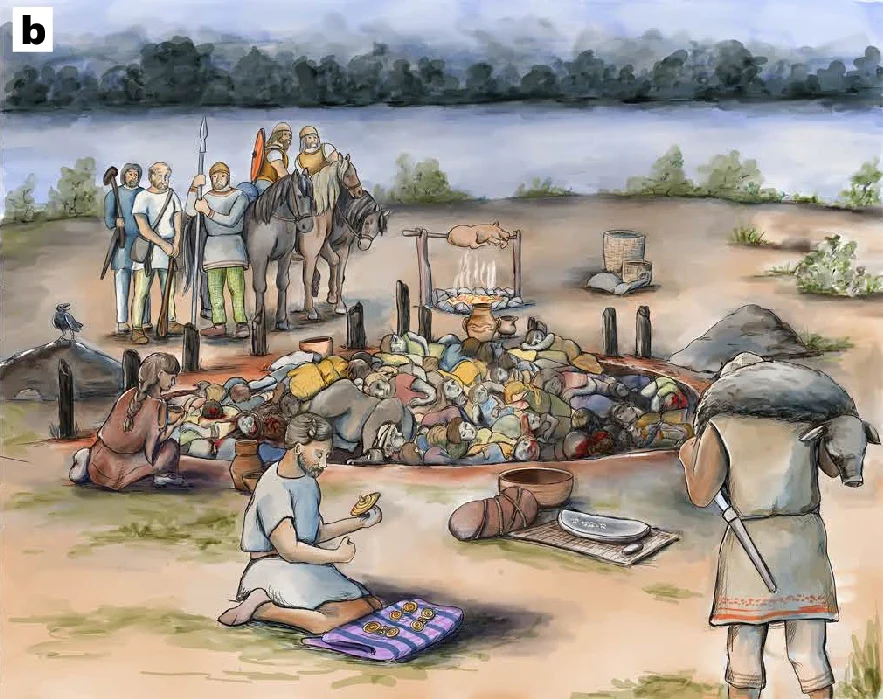The God of Wine and Celebration
Dionysus, one of the Olympian gods, is associated with wine, festivity, and ecstatic experiences. He symbolizes both pleasure and chaos, reflecting the dual nature of indulgence and liberation.
Myths and Stories
Dionysus’ myths often depict his travels, miraculous feats, and interactions with mortals and gods alike. Stories emphasize his power to inspire joy and madness, demonstrating the transformative effects of wine and ritual.
Festivals and Rituals
The Dionysian festivals, including the famous Bacchanalia, were central to Greek culture. Participants engaged in music, dance, and dramatic performances, often breaking social boundaries. These events were not merely entertainment they were religious acts aimed at connecting humans with divine forces and communal ecstasy.
Cultural Significance
Dionysus represents freedom, creativity, and the balance between order and disorder. His worship highlights the importance of ritual, storytelling, and communal celebration in ancient Greek life. Today, he remains a symbol of artistic inspiration and the human desire for transcendence.


